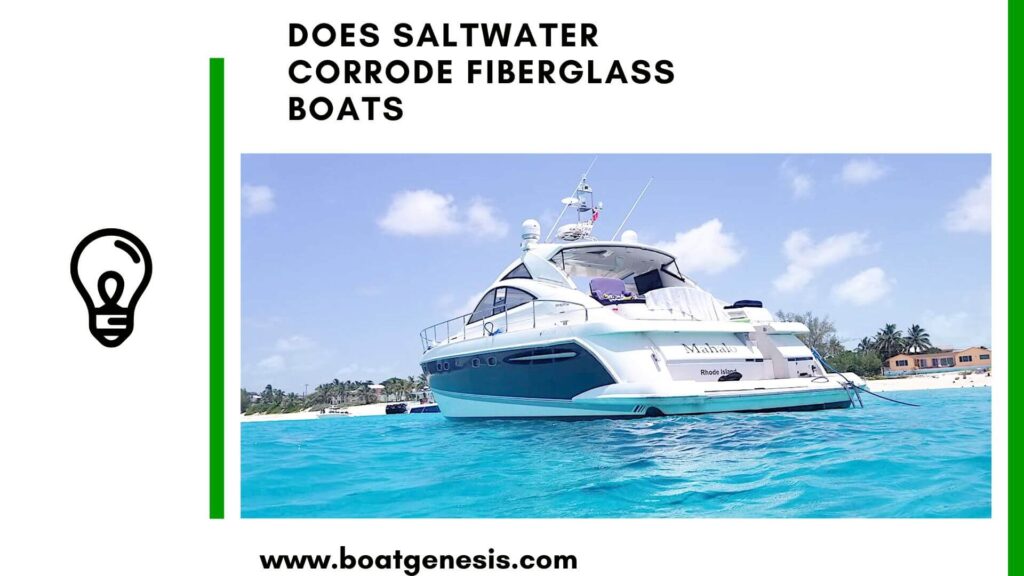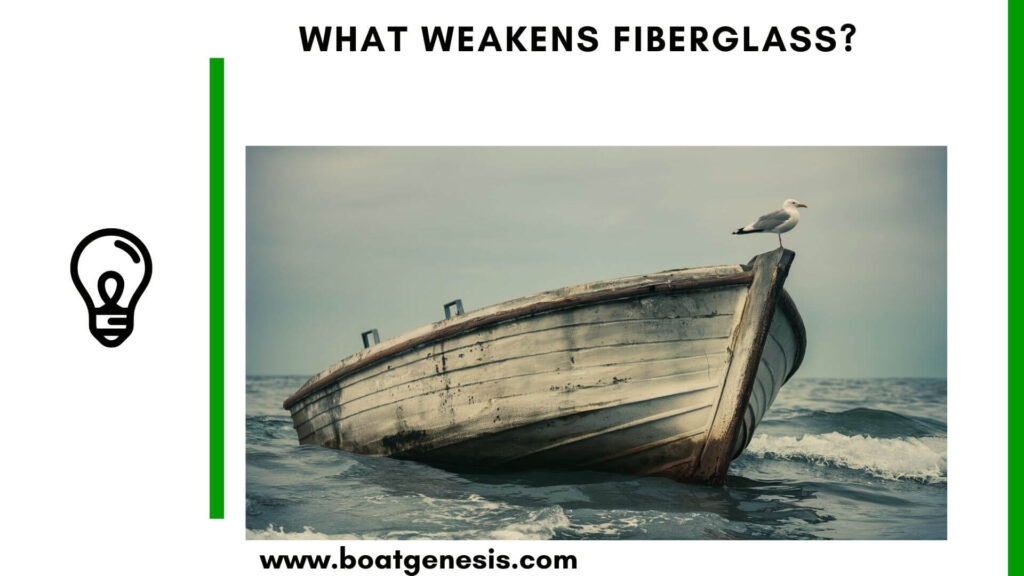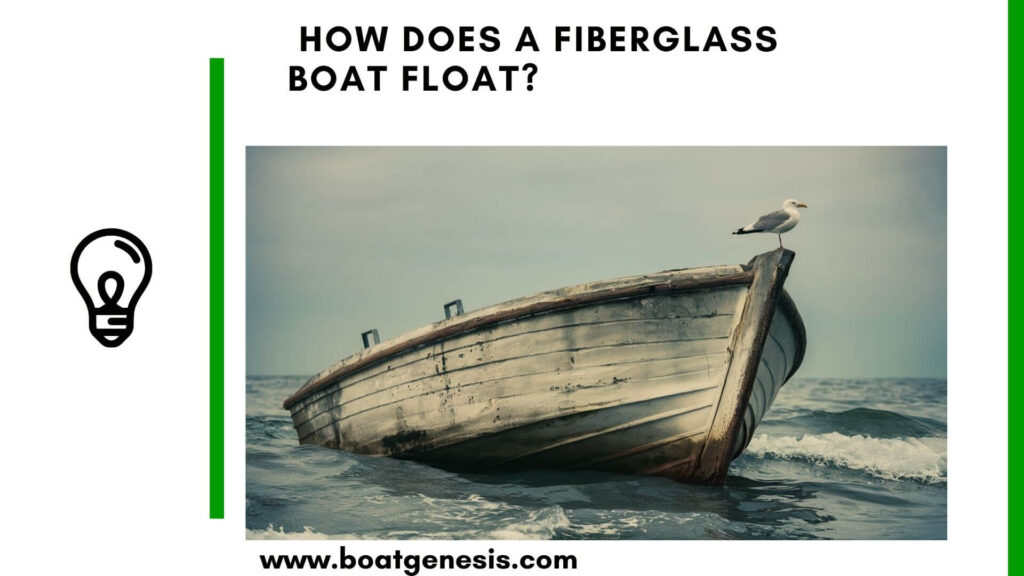Yes, you can use car soap on a fiberglass boat—but there are important caveats and best practices to follow to protect your boat’s finish and longevity.
Let’s break down everything you need to know, so you can make the best choice for your boat and your wallet.
Key Takeaways
- Car soap is generally safe for fiberglass boats, but not all car soaps are created equal.
- Avoid dish soap or harsh household cleaners, as they can strip wax and damage finishes.
- Marine-specific soaps are formulated to handle salt, algae, and boat-specific grime.
- Rinsing thoroughly is crucial to avoid residue and streaks.
- Waxing after washing can help protect your boat’s gelcoat.
- Long-term use of improper soap can dull the finish and reduce UV protection.
- Key Takeaways
- Why People Want to Use Car Soap on Boats
- Understanding Fiberglass Boat Surfaces
- Car Soap vs. Boat Soap: What’s the Real Difference?
- When Is It Safe to Use Car Soap on Your Fiberglass Boat?
- When Should You Avoid Car Soap?
- The Hidden Dangers: What People Don’t Tell You
- How to Wash a Fiberglass Boat With Car Soap (Safely)
- Alternatives: When to Choose Marine Soap
- Final Thoughts: Which Soap Should You Choose?
- Frequently Asked Questions
- Recap: Can You Use Car Soap on a Fiberglass Boat?
Why People Want to Use Car Soap on Boats
Let’s be honest: boat soap can be pricey, and you probably already have car soap in your garage. It’s tempting to grab what’s on hand, especially after a long day on the water.
But is it a good idea? And what are the hidden risks?
Understanding Fiberglass Boat Surfaces
Fiberglass boats are coated with a gelcoat—a tough, shiny layer that protects the fiberglass underneath.
This gelcoat gives the boat its glossy appearance and acts as a barrier against water, UV rays, and marine growth.
However, it’s not invincible. Using the wrong soap can degrade this protective layer over time, leading to oxidation, fading, and costly repairs.
Want to avoid costly fiberglass boat repair mistakes?
Learn how to inspect damage properly, decide when to DIY, and prevent expensive fiberglass problems before they start.
Car Soap vs. Boat Soap: What’s the Real Difference?
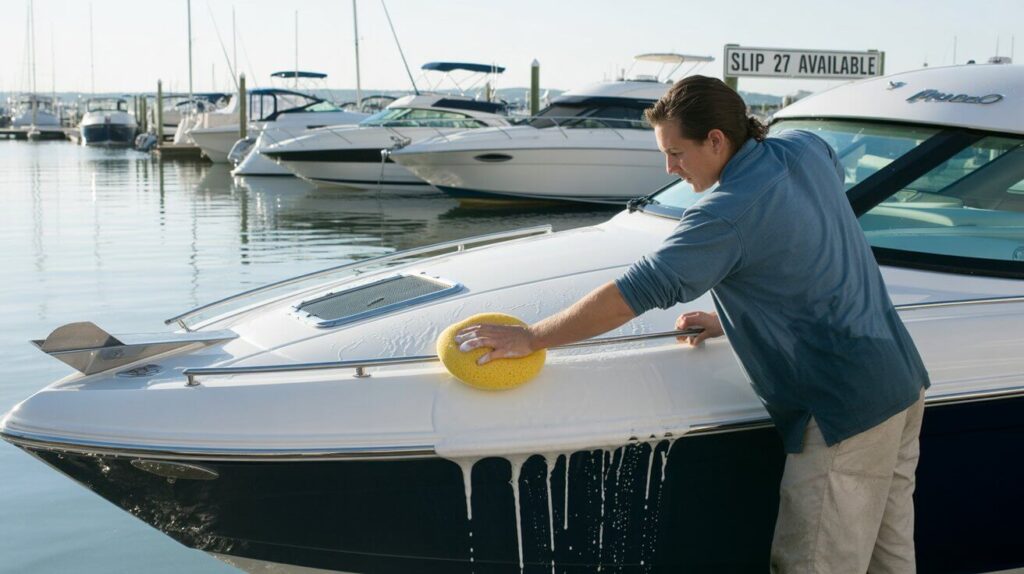
Car soap is formulated for automotive paint, which is similar in some ways to boat gelcoat, but cars don’t face saltwater, algae, or the same UV intensity as boats. Car soaps are generally pH-balanced and gentle, designed to clean without stripping wax or damaging clear coats.
Boat soap is engineered to tackle marine-specific challenges—salt, fish slime, algae, and more. It’s often biodegradable and designed to work with the unique chemistry of lakes, rivers, and oceans. Boat soaps also tend to be less harsh on waxes and sealants used on gelcoat finishes.
According to boating forums and detailing experts, many boaters safely use car soap on their fiberglass boats, especially for regular washes.
The key is to avoid anything that contains degreasers or harsh chemicals, which can strip away protective wax layers and dull the finish (The Hull Truth).
When Is It Safe to Use Car Soap on Your Fiberglass Boat?
- Routine Cleaning: For regular washes, a gentle car soap is usually safe, especially if you’re in a pinch.
- Freshwater Boats: If your boat is used mostly in freshwater, car soap is less likely to leave residue or react with salt.
- Well-Waxed Boats: If you regularly wax your boat, occasional use of car soap is unlikely to cause harm.
Pro Tip: Always dilute car soap as directed, and never use more than recommended. Over-concentrated soap can leave streaks and residue.
When Should You Avoid Car Soap?
- Heavy Salt Exposure: Marine-specific soap will remove salt more effectively if your boat lives in saltwater.
- Stubborn Stains: For algae, fish blood, or oil stains, car soap often isn’t strong enough.
- Restoring Finish: If your gelcoat is dull or oxidized, you’ll need specialized marine cleaners and restorers.
The Hidden Dangers: What People Don’t Tell You
1. The Wax Stripping Myth
Many people believe all car soaps strip wax. This isn’t true for most modern, pH-balanced car wash soaps.
However, avoid using dish soap or any soap labeled as a “degreaser.” These will strip wax and can accelerate gelcoat oxidation (Club Bennington).
2. Residue Buildup
Car soaps often contain brighteners and gloss enhancers. While this sounds great, these additives can leave a film on gelcoat that’s more noticeable than on car paint.
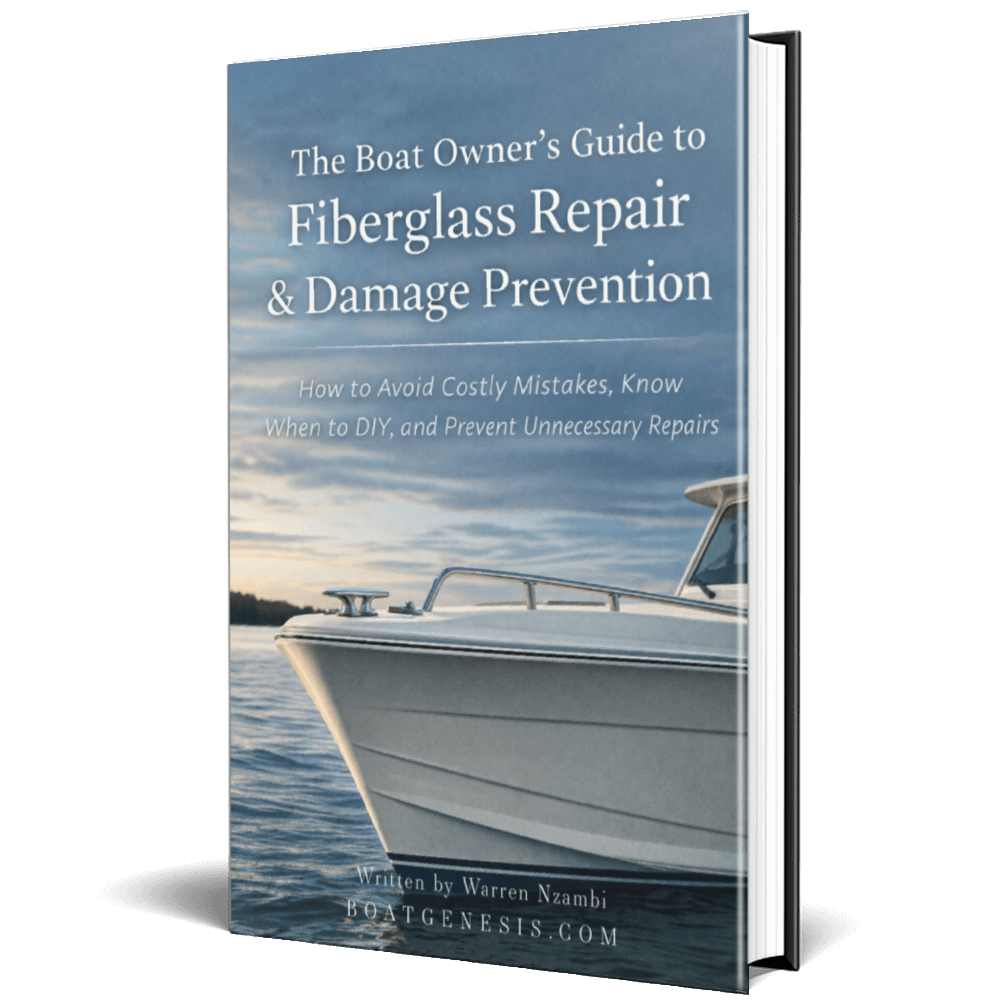
This guide helps boat owners understand fiberglass damage clearly — what matters, what doesn’t, and when repairs are truly necessary, so small issues don’t turn into expensive mistakes.
See What Every Boat Owner Should Know →Over time, this can attract grime and make the boat harder to clean.
3. Environmental Impact
Boat soaps are usually biodegradable and safe for marine environments, while some car soaps are not.
If you wash your boat at the dock or near water, always check the label for environmental safety.
4. Long-Term Maintenance
Repeated use of non-marine soap can slowly degrade the gelcoat’s UV protection, especially if you skip regular waxing. This leads to chalky, faded surfaces that are expensive to restore.
How to Wash a Fiberglass Boat With Car Soap (Safely)

- Rinse Thoroughly: Remove loose dirt, salt, and debris with a hose.
- Use a Soft Mitt or Sponge: Avoid brushes that can scratch gelcoat.
- Mix Soap Properly: Dilute car soap according to instructions.
- Wash in Sections: Prevent soap from drying on the surface.
- Rinse Again: Remove all soap residue.
- Dry With a Microfiber Towel: Prevent water spots.
- Apply Wax or Sealant: Protect the finish and add shine.
Alternatives: When to Choose Marine Soap
- After Saltwater Use: Marine soap is better at removing salt and preventing corrosion.
- For Environmental Stewardship: Choose biodegradable marine soap if washing near waterways.
- For Deep Cleaning: Use marine soap for heavy grime, algae, or stubborn stains.
Final Thoughts: Which Soap Should You Choose?
If you’re in a pinch, using a gentle, ph-balanced car soap on your fiberglass boat is perfectly fine. Just avoid dish soap, degreasers, or any product not designed for painted or gelcoat surfaces.
Invest in a quality marine soap for regular washes for the best results and long-term protection, and always follow up with a good wax.
Remember, your boat is a big investment. Treating it right with the proper cleaning products will keep it looking great and performing well for years.
Frequently Asked Questions
1. Can I use dish soap on my boat?
No. Dish soap is too harsh and will strip wax, dull the gelcoat, and potentially damage the finish.
2. How often should I wash my fiberglass boat?
After every trip, especially in saltwater. Regular washing prevents buildup and protects the finish.
3. What’s the best way to protect my boat after washing?
Apply a marine-grade wax or sealant after washing to restore shine and add UV protection.
Recap: Can You Use Car Soap on a Fiberglass Boat?
To sum it up, yes, you can use car soap on your fiberglass boat for routine washes, provided it’s gentle and ph-balanced.
However, for the best results, especially when dealing with saltwater, algae, or heavy grime, marine-specific soap is the way to go.
Always avoid dish soap or harsh cleaners, rinse thoroughly, and protect your boat with regular waxing.

Warren is the founder of BoatGenesis and brings practical experience in fiberglass boat repair, marine equipment testing, and powerboat building. He has worked on a range of repair and restoration projects and now focuses on creating clear, research-based guides to help boat owners avoid costly mistakes and make smarter maintenance decisions. Learn more about Warren.


